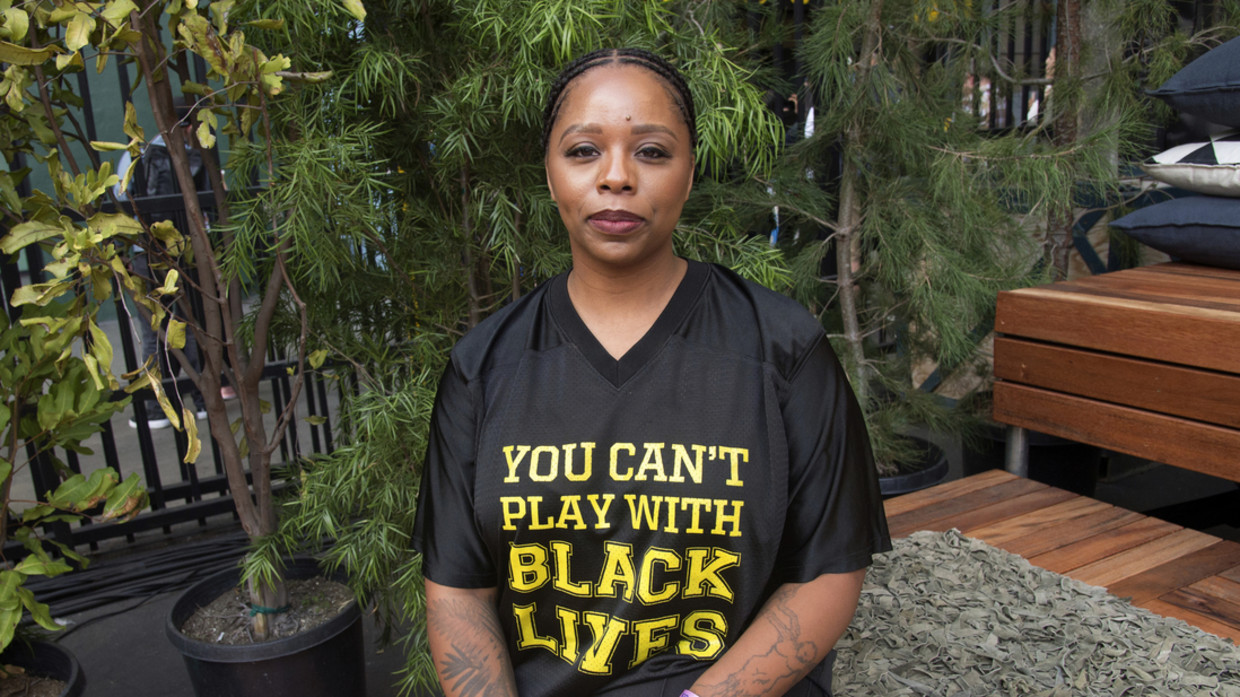Black Lives Matter’s Patrisse Khan-Cullors only wants Marxism for you, for her she likes her money and her real estate.
Patrisse Khan-Cullors was forced to defend her real estate hoard on camera – by insisting that she sees her home in a well-off Los Angeles area as communal property.
While Cullors couldn’t keep her spending private, she had some assistance from social media, which have been blocking the URL of a New York Post article about her real-estate binge posted on Tuesday. Attempts to link to the story on Facebook returned error messages “because this link goes against our Community Standards,” Newsweek confirmed. Black journalist Jason Whitlock was locked out of Twitter on Friday for similar reasons, deeming BLM “one of Big Tech’s sacred cows” and – in the offending tweet – joking that Cullors was “with her people” in lily-white Topanga Canyon.
Many on social media were sad but not surprised to see reports into Cullors’ riches, urging those in search of real change to keep separate the person and Black Lives Matter’s principles.
Cullors did not explain (and was not asked by Hill) why she had reportedly chosen to buy a $1.4 million home in Topanga Canyon, a tony enclave of Los Angeles where the population is 1.4% black – or why she apparently opted to buy it through a corporate entity instead of purchasing it directly. This is not Cullors’ only such purchase in LA, according to the media reports into her multi-million dollar purchases. In 2016, she snapped up a three-bedroom house in Inglewood, followed two years later with a four-bedroom pad in South Los Angeles. Along with spouse Janaya Khan, Cullors flew to Georgia last year to purchase a 3.2 acre “custom ranch” bursting with improbable amenities, including a private airplane hangar with a community runway and an ‘RV shop.’
Cullors and her spouse were also spotted last year in the Bahamas by an employee who reported they were eyeing a unit in The Albany, a 600-acre oceanside paradise that included a private marina and “designer golf course.” The snoop described it as a “fourth or fifth home,” extremely “high-end,” where “people are coming here for complete and total privacy.”









